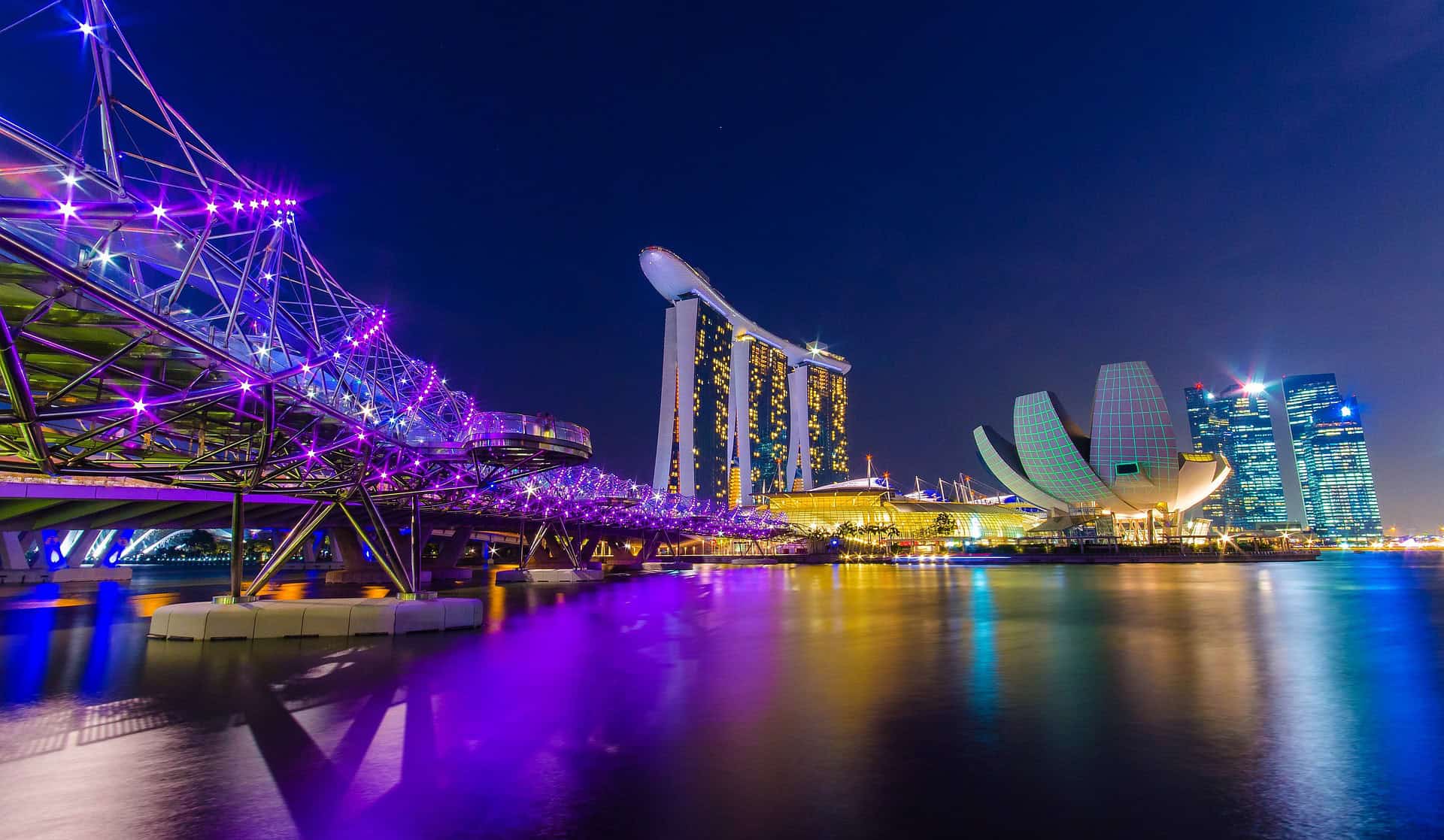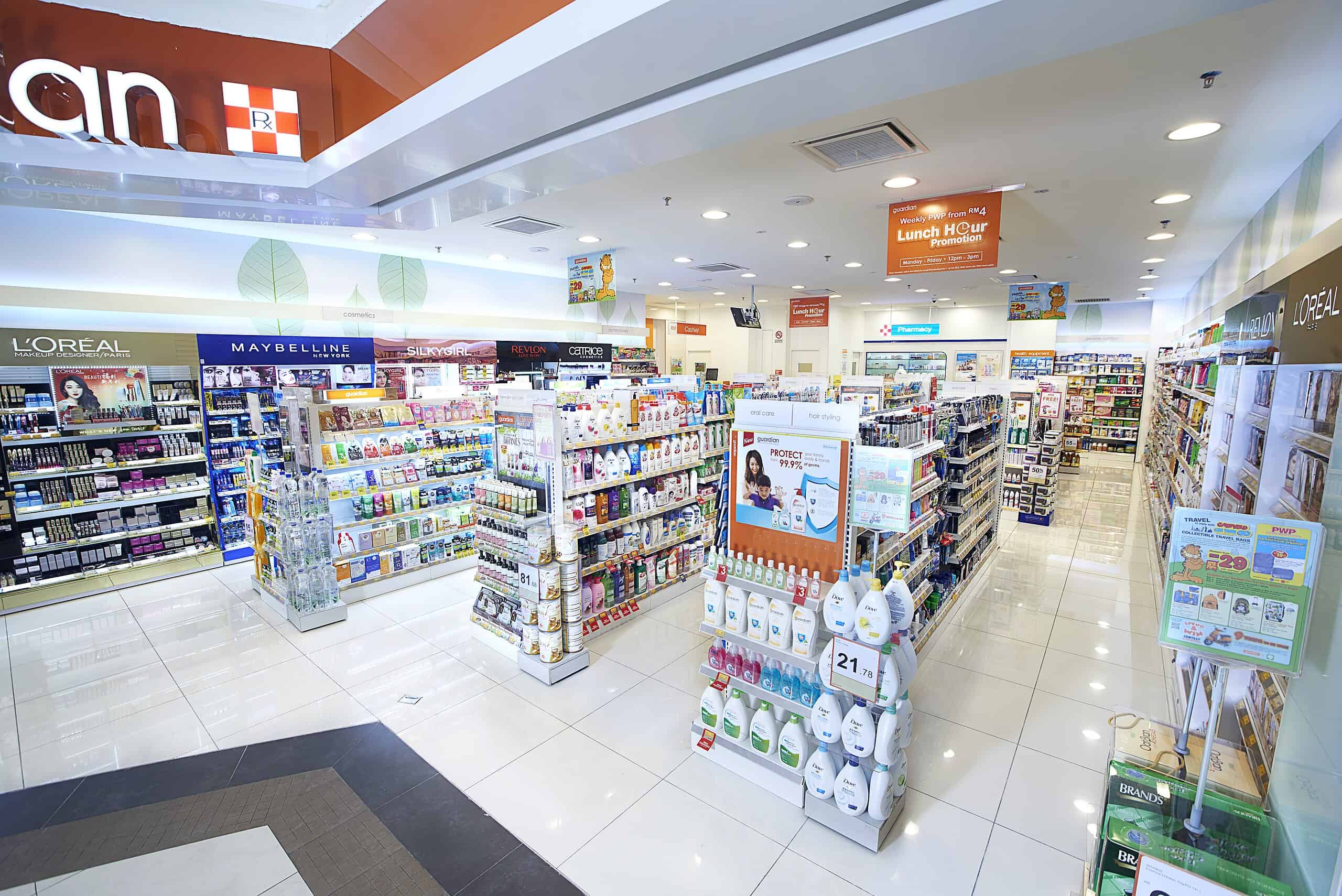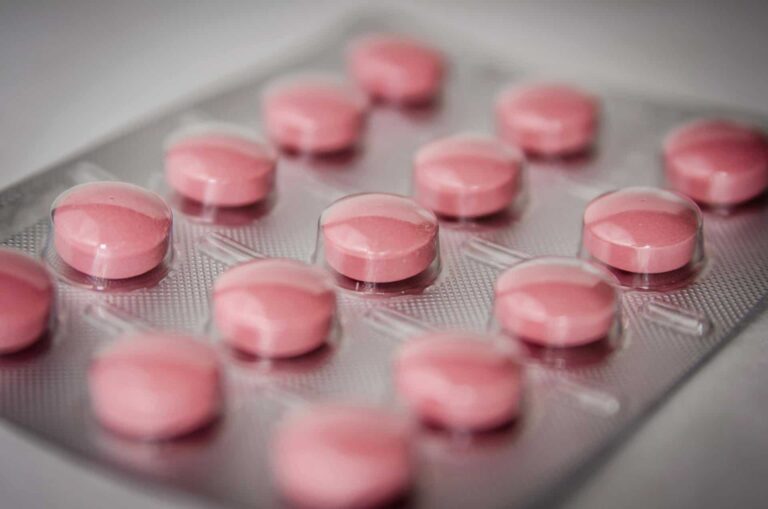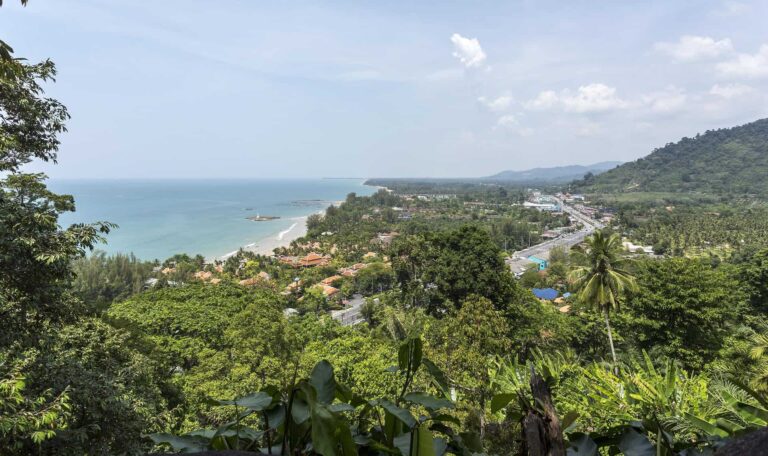Getting sick while traveling can throw your plans off completely. But if you’re in Singapore? You’re already in one of the safest, cleanest, and most healthcare-friendly countries in the world.
Whether you’re feeling dizzy after a long flight, caught a bug from the heat and humidity, or need to get checked out just to be safe — this is your complete guide to getting medical help in Singapore. It’s got everything you need to know, from where to go and who to call to how to stay healthy during your stay.
First Things First: Don’t Panic

Seriously. If you’re feeling sick in Singapore, you’re in good hands. The country has one of the most modern and efficient healthcare systems in the world.
You won’t be left guessing what to do. You’ll find English-speaking doctors, walk-in clinics, and pharmacies around every corner — especially in areas like Orchard Road, Chinatown, and Marina Bay.
Understanding Healthcare in Singapore
Singapore has both public and private healthcare facilities. The public system is excellent, but can be a bit slower for non-emergencies. Private clinics and hospitals are faster, more flexible, and still very professional.
If you’re a tourist, you’re likely going to visit a private clinic — especially for convenience, speed, and less paperwork.
You can walk into most private GP clinics without an appointment and be seen fairly quickly.
What To Do in an Emergency
If your symptoms are serious (like chest pain, difficulty breathing, high fever, or an accident), head to the nearest hospital or call an ambulance immediately.
Important Emergency Numbers:
- Ambulance/Fire: 995
- Police: 999
- Non-emergency ambulance: 1777
Most operators and medical staff speak English, so you can explain your situation clearly over the phone.
You can also head straight to the emergency department of public hospitals like:
- Singapore General Hospital
- Tan Tock Seng Hospital
- Khoo Teck Puat Hospital
Where To Go If It’s Not an Emergency
GP Clinics
Singapore is packed with General Practitioner (GP) clinics. They handle things like colds, flu, stomach bugs, and minor injuries.
Popular chains include:
- Raffles Medical
- Parkway Shenton
- Healthway Medical
These are ideal if you:
- Have a sore throat or fever
- Need a doctor’s note for your insurance
- Just want to get checked out
Specialist Clinics
If your issue is more specific (dermatology, pediatrics, women’s health), Singapore also has specialist clinics—but you may need a referral or an appointment.
Pharmacies & Where To Find Medication

Pharmacies are easy to find in malls, hospitals, and MRT stations.
Look for:
- Watsons
- Guardian
- Unity
These shops have everything from cold and flu remedies to stomach meds, allergy treatments, and more. Most medications are available over-the-counter, but stronger treatments will require a doctor’s note.
Need something late at night? 24-hour pharmacies can be found in hospitals or in key neighborhoods like Orchard and Novena.
Will Travel Insurance Cover It?
Most likely, yes. But double-check the terms and conditions on your policy.
To make a claim, you’ll need:
- Copies of your invoices and receipts
- A doctor’s note stating your diagnosis and treatment
- Your insurance policy number
Many clinics in Singapore will provide all the documents you need, so don’t leave without them.
Staying Healthy While You’re in Singapore
Even in a super clean city like Singapore, travel bugs happen. Here’s how to stay on top of your health:
Stay Hydrated
It’s hot and humid here. Drink lots of water, especially if you’re walking around during the day.
Avoid Air-Con Shock
The air-con in malls and trains can be freezing. Bring a light jacket to avoid catching a cold.
Eat at Busy Food Stalls
Singapore’s hawker food is world-famous. Just make sure you’re eating at popular stalls (they usually have higher turnover and fresher ingredients).
Watch the Heat
One of our team members took a trip to Singapore and can confirm — it gets really hot. The kind of humid heat that sneaks up on you fast and fogs up your glasses. So take breaks in the shade, stay hydrated, and don’t underestimate the weather.
Traveling With Kids? Here’s What You Should Know
If your child gets sick, Singapore has pediatric clinics and hospitals that are extremely well-equipped. Many clinics offer family consultations, so you won’t need to visit a special children’s clinic unless you prefer to.
If you’re unsure about whether your child needs urgent care, book a virtual consultation to get advice quickly.
Air Doctor: Your Travel Health Companion in Singapore
Looking for an English-speaking doctor in a city you’ve never been to is stressful. That’s why Air Doctor exists.
We help you:
- Book in-person or virtual appointments
- Avoid language barriers
- Get help with travel insurance claims
- Skip long clinic waits
All our doctors are fully licensed, local professionals. Whether it’s a sore throat, stomach bug, or just something that doesn’t feel right—you’re covered.
Recap: If You’re Sick in Singapore
- Don’t panic — you’re in a top healthcare country.
- Head to a GP clinic for minor issues or the hospital for emergencies.
- Save these numbers: 995 (ambulance) and 999 (police).
- Use Air Doctor to find trusted, English-speaking doctors fast.
- Drink water, rest up, and get back to exploring this amazing city.
About the Air Doctor App
With the Air Doctor app in your pocket, you can access medical care and receive expert medical guidance anywhere you travel.
Air Doctor offers a wide range of benefits, including:
- A global network of over 20,000 multi-lingual doctors and specialists
- Choice of clinic, at-home (hotel), and video consultations
- Healthcare access in 90 countries
- 24/7 multi-lingual support
- Transparent pricing and reviews
- Most common medical specialties, including cardiologists, pediatricians, and ENT specialists
FAQs
Nope. If you’re not a resident, you’ll need to pay for medical services. But the quality is excellent, and you’ll know the costs upfront.
A visit to a GP can range from SGD 30 to SGD 150, depending on the clinic and what kind of care you need.
Yes! Walk-in clinics are very common. Most don’t require an appointment and are open during regular business hours (some even on weekends).












